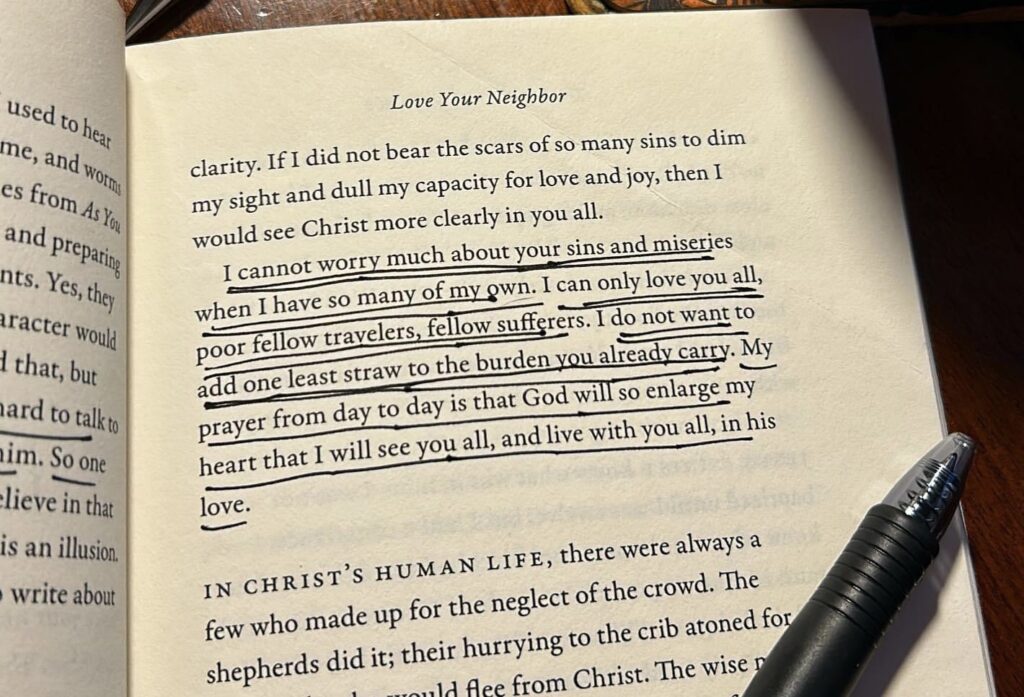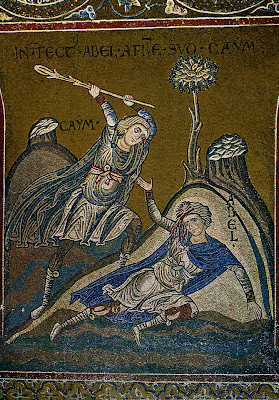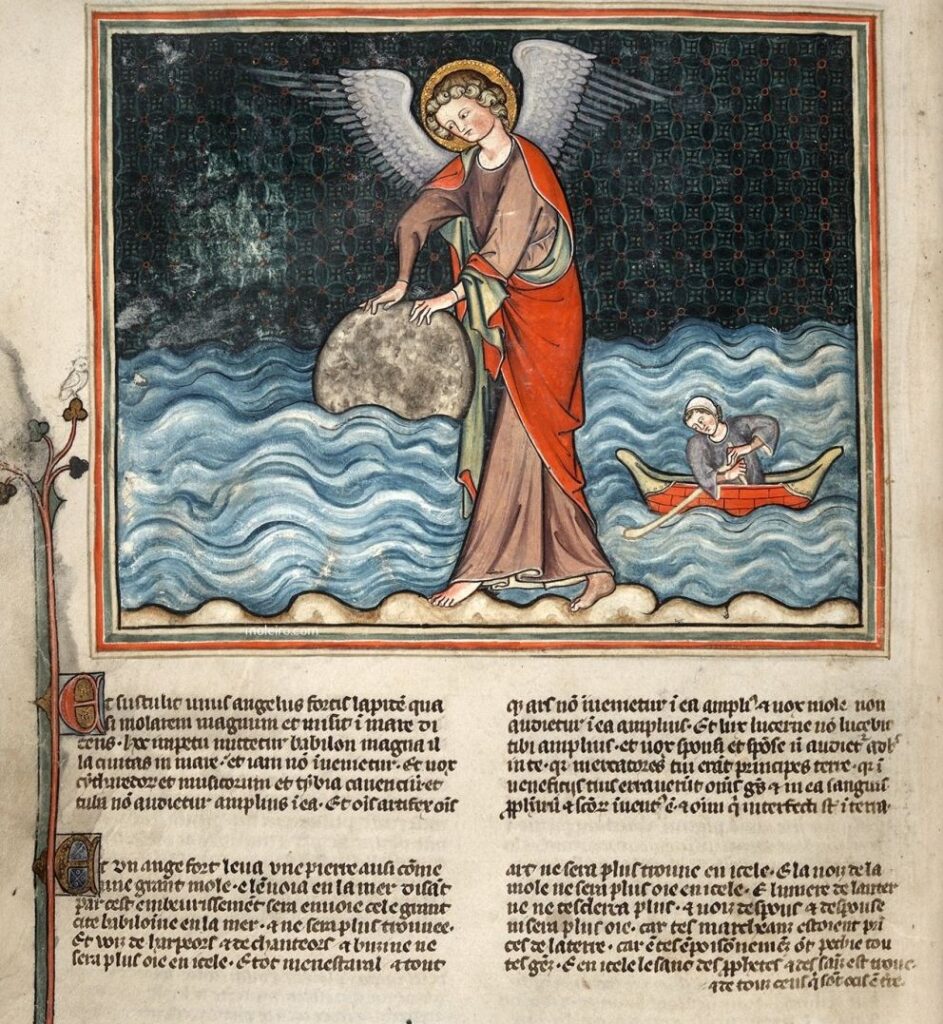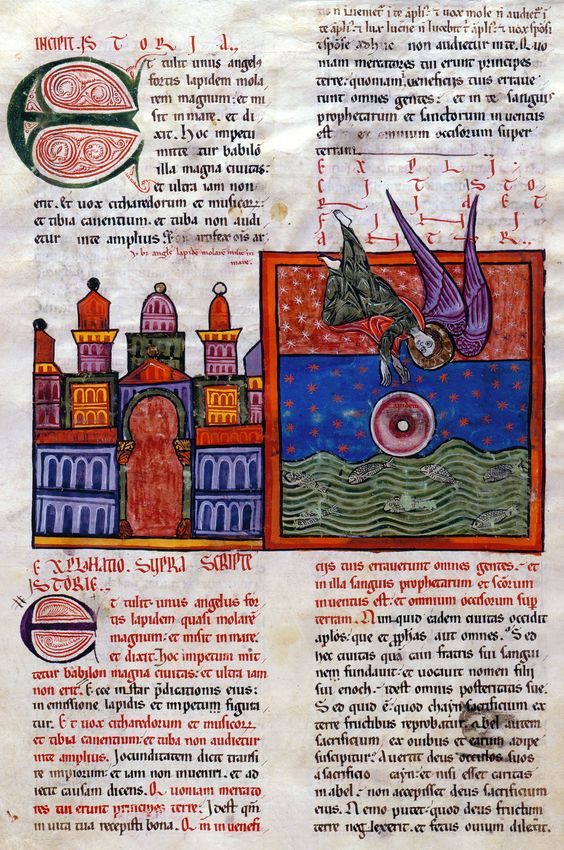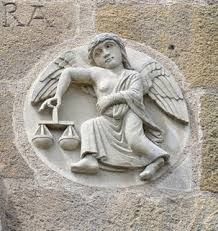
Judge not, lest you be judged. You will be judged by the same standards that you use to judge other people. The measure you use will be used to measure you. (Matt. 7)
Does Jesus mean, “Don’t hold anyone accountable?” Does he mean, “Don’t have any standards?” Does he mean, “Let people get away with everything?” Of course not!
St. Joseph, the foster father of Jesus and the righteous man betrothed to the Mother of God, was prudent. He took his family to Egypt to escape the murderous intent of King Herod when Jesus was 2 years old and he brought his family back to Israel when King Herod died but he didn’t just go back to the village they had lived in before. He took them to live somewhere else because Herod’s son–who was worse than his father!–was ruling over their old hometown. St. Joseph certainly used his judgement, his common sense, and prudence to decide what to do in each situation. He did not bury his head in the sand and pretend to not see what was as plain as day for the safety of his family.
Jesus is not telling us to hold no one accountable. He’s telling us to hold ourselves accountable to the same standards we use to hold everyone else accountable. Maybe I have every excuse in the book to explain why I am late–the subway went out of service, it was pouring rain, there were no taxis, the bus got stuck in traffic–but then I get furious when someone else is late and makes me wait. Maybe I want to through someone in proverbial jail when they do something that I allow myself to do all the time. Maybe I am always the victim. Maybe it’s never my fault. Is that realistic? Is that honest?
Being honest is not about masochism and beating ourselves up for things we think we can’t help. It’s a simple statement of fact, like the opening lines of the Prayer of Humble Access:
We do not presume to come to this thy table, O merciful Lord, trusting in our own righteousness but in thy manifold and great mercy. We are not worthy so much as to gather up the crumbs from under thy table ….
This is not masochistic wallowing in guilt; it is a simple statement of fact.
Jesus is telling us to be humane. He’s telling us to be human. He’s telling us to be honest and admit that we fall short of our own standards and can’t expect other people to live up to standards or follow rules that we can’t–or simply choose not to–follow. He’s underscoring the importance of holding ourselves accountable the same way we want to hold everyone else accountable: “Our Father …. forgive us our trespasses as we forgive those who trespass against us.”
